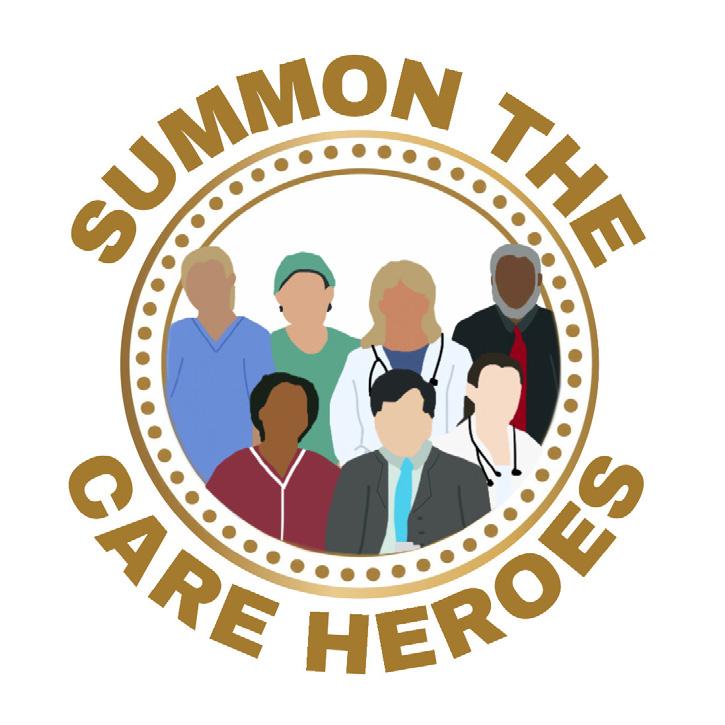
2 minute read
Stolen lives
Stolen livesEd Smith Chairman,Trustee & Non-executive Director
I so much enjoyed my time with clinicians, managers, volunteers and trust leadership when I was privileged to chair NHS Improvement.
Quite a few things irked me because they also irked the people working day in day out to deliver health and care to the people we serve.
At the system level it was constant tinkering and micromanagement from the centre (in which of course I was involved, although not committed to the centrist style!) Another was the lack of alignment between incentives and purpose. This is evident both within the NHS and in other non-aligned “systems”- with a tariff mechanism and data that were outdated and outmoded but “experts” said would take five years to change.
Well you have to start sometime and we are still in the mire - with tariffs often misaligned with costs both positively and negatively. Tinkering is not reform. The moves to population health models, and to vertical and horizontal alignment around local populations, are to be applauded but, as with actions to combat climate change, pace cannot glacial and actions must be seriously joined up.
At the more local level there was a frustration about patients - often our senior citizens who were ready for discharge into community settings, but for whom the handover was elongated and often debilitating for them.
This is, of course, colloquially called “bed blocking' which is what it causes, but more officially known as “Delayed Transfers Of Care”. Importantly it is more often than not unhelpful to the patient's physical and mental well-being.
There will be some good reasons for delayed transfers - clinical assessments of both physical and mental well-being are right and proper. But having made progress from 2016-2018 in reducing stranded patients, the numbers have risen again.
In December 2016 DTOC days were 195,445, in December 2018 they were 128,799 and in February 2020 they were 155,782. And now with COVID-19 data collection has stopped.
The causes of the increase in days are reported as:-
Dec 2018 Feb 2020
Awaiting completion of assessment Awaiting public funding Awaiting further non-acute NHS care Awaiting care package in own home Housing patients not covered by Care Act
Other reasons Total 13983 20214 3586 4139 21361 28746 27550 32464 5757 8027
72237 93590
56562 62192 128799 155782
This increase represents in aggregate 3,855 weeks of people's lives. I know, as readers will, that health and social care workers in our NHS and our local authorities will have been doing their best to keep each patient safe and to get these numbers down within the limited resources they have been allocated.
So perhaps a discussion for IHSCM members is, despite these efforts from so many frontline health and care staff, how do we get the numbers down and save 3,855 weeks and more of people’s livelihoods? Perhaps only those in the front line of duty can really tell us what needs to be unblocked and how to do it?










